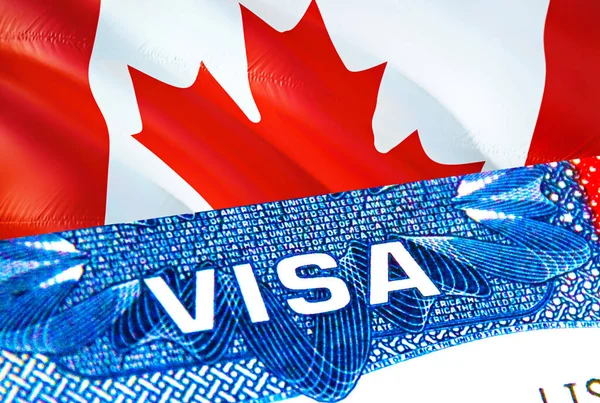The guidelines indicated that issuing officers may consider factors such as whether the applicant plans to visit for a single event, like a conference, training session, or tourism, or if they intend to return to Canada frequently.
Canada’s immigration department has introduced new guidelines suggesting that 10-year tourist visas may no longer be standard, as the duration of these visas could now be determined at the discretion of immigration officers.
A notice published by Immigration, Refugees and Citizenship Canada (IRCC) on Wednesday stated: “The guidelines have been revised to clarify that multiple-entry visas issued with maximum validity are no longer the standard. Officers now have the discretion to decide whether to grant a single-entry or multiple-entry visa and to set the validity period accordingly.”
The guidelines indicated that issuing officers may consider factors such as whether the applicant intends to visit Canada for a one-time event, like a conference, training, or tourism, or if they plan to make regular visits, such as to see close family members.
Another factor will be the applicant’s financial resources. IRCC will assess whether the applicant has sufficient funds available or if a host in Canada, such as a family member or friend, will be covering the applicant’s expenses. In such cases, proof of the relationship must be provided, along with evidence that the host is well-established in Canada and has adequate resources to support all invited individuals across multiple visits if needed. The applicant’s medical status will also be taken into account.
The aim seems to be to prevent the misuse of tourist visas for migration purposes. According to the note, the officer will assess whether the applicant has shown “strong ties to their home country, such as employment or family responsibilities,” has traveled internationally, previously visited Canada, and, if so, adhered to their visa’s terms and conditions. Additionally, any past visa refusals for Canada or other countries will also be reviewed.
When deciding the validity period for multiple-entry visas, “officers may choose to issue a visa with a validity period shorter than the maximum (10 years or until the passport or biometric expiration, whichever occurs first),” the notice stated. Considerations include the applicant’s current residency status, the stability of their ties to both their country of residence and to Canada over time, and whether there are unstable economic or political conditions in the applicant’s home country.
Follow VisaBud for the newest visa updates and insights!



